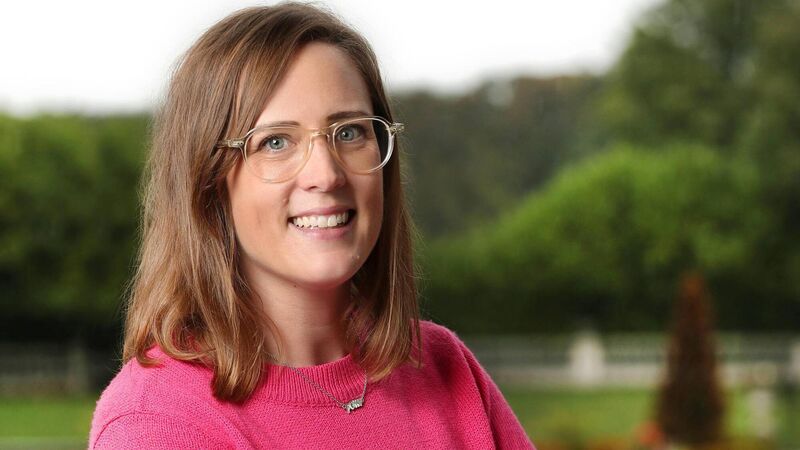Alison Curtis: why puberty can be empowering for girls

Alison Curtis feels puberty should be a positive experience for girls. Pic: Marc O'Sullivan
IN the past week or so, my daughter, Joan, and I have gone back to reading a few pages a night of Celebrate Your Body (And Its Changes, Too!), by the wonderful Sonya Renee Taylor.
This has become the book I have recommended most to my friends and I have also posted about it on my social-media channels.






